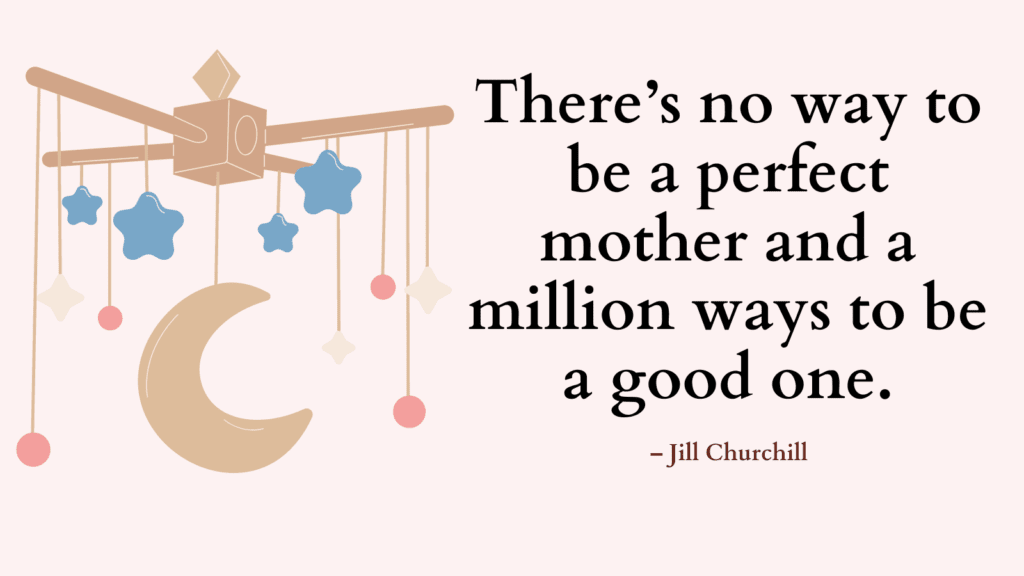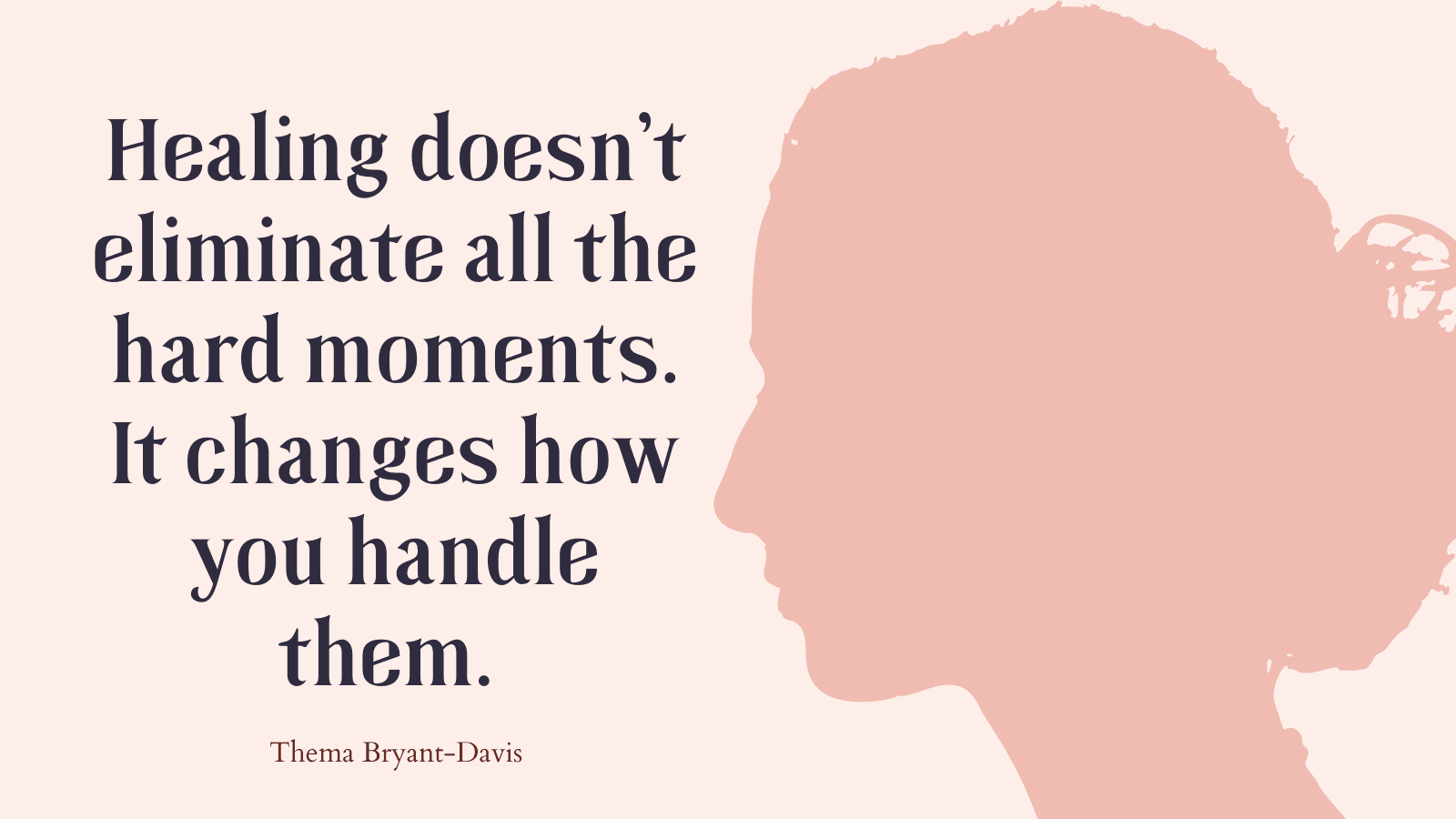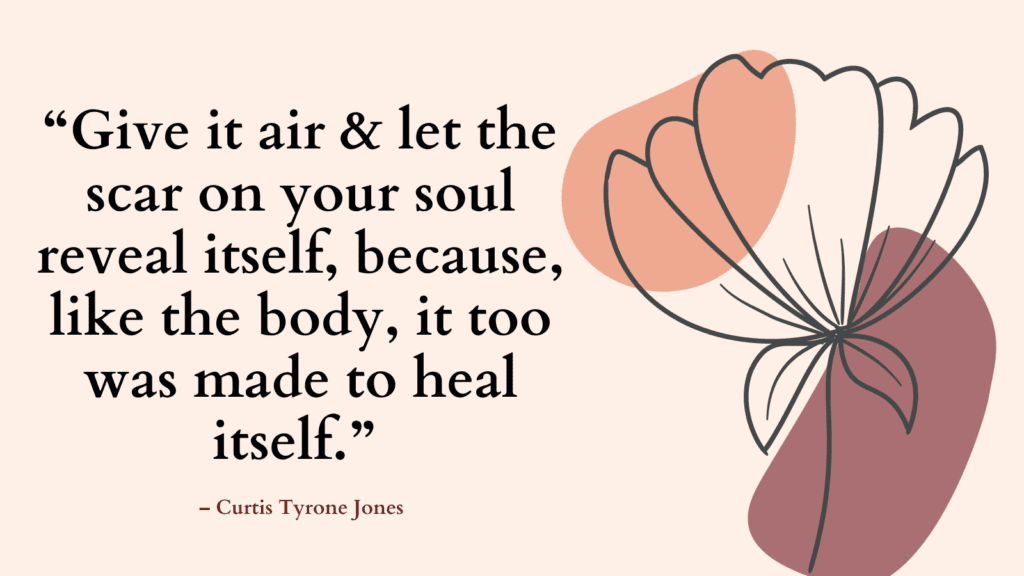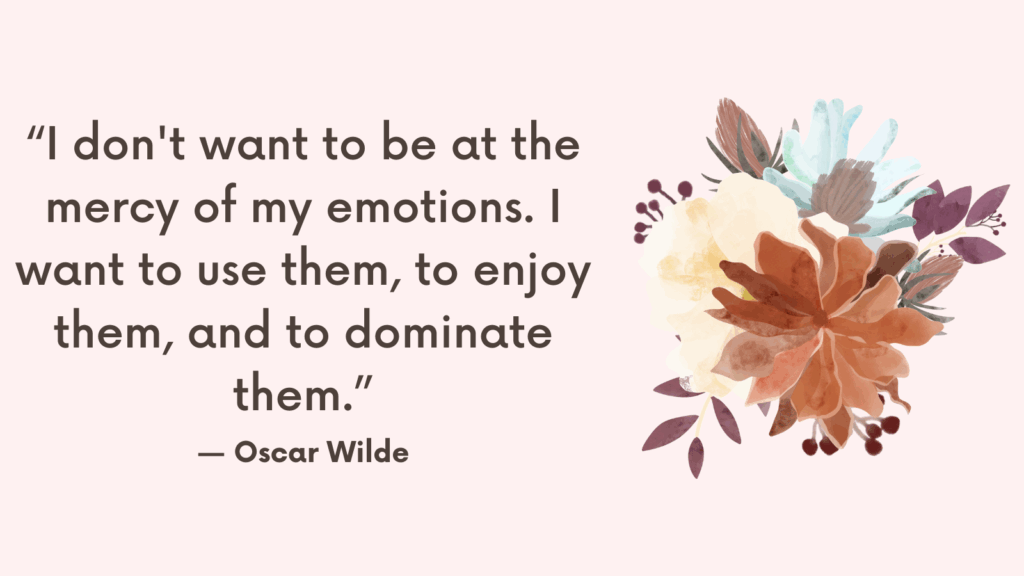This post contains “Postpartum Anxiety Quiz” along with helpful tips to relieve your postpartum anxiety.
Postpartum Anxiety
Postpartum anxiety (PPA) refers to excessive worrying that occurs after having a baby.
Postpartum anxiety (PPA) is comparable to generalized anxiety disorder (GAD), which is also marked by excessive worry.
Although mild to moderate levels of anxiety during pregnancy are common, pathologic anxiety may occur in certain women.
Approximately 6% of pregnant women and 10% of postpartum women develop anxiety. (*)
However, the diagnostical and statistical manual of mental disorders doesn’t include a diagnosis for postpartum anxiety.
Postpartum anxiety is measured by the degree to which it interferes with a woman’s daily functioning and how much distress it causes her.
Postpartum Anxiety Quiz
Results
#1. Do you find yourself constantly worried?
#2. Do you often get the feeling that something bad is going to happen?
#3. Do you struggle with intrusive or racing thoughts?
#4. Do you often feel unable to sit still?
#5. Do you have trouble sleeping or experience sleep disruption, even when your baby is sleeping peacefully?
#6. Do you experience anxious physical symptoms like dizziness, racing heartbeat, shortness of breath, nausea, hot flashes, etc.?
We will not sell your information. All results are kept confidential.
This quiz is for informational purposes only. It is not meant as a diagnostic or assessment tool.
Results
The questions above represent common signs of postpartum anxiety. If you answered yes to most of these questions, then postpartum anxiety may be a problem for you.
Postpartum anxiety occurs along a continuum from mild to severe. It can range from normal worry and anticipation to severe, incapacitating fear.
It is important to address postpartum anxiety as soon as possible because it can affect the mother’s wellbeing as well as her relationship with her child and family.
How Long Is The “Postpartum Period”?
The American College of Obstetricians and Gynecologists defines the postpartum experience as the 6 weeks after the birth of a baby.
It is thought that it’s the take the reproductive organs take to heal from the pregnancy.
The American Psychiatric Association defines postpartum as the first 4 weeks after the birth of a baby.
However, there is no specific period time for how long postpartum anxiety lasts. It can begin a few months after birth and remain a long-term problem, especially when left unaddressed.
Related: Top 10 Powerful Natural Treatments (+FREE PPD Resources)
Postpartum Anxiety Worksheets
How to Overcome Postpartum Anxiety?
#1. Seek Support
The postpartum mother needs to have a place that is safe and accepting where she can talk about how she feels, how the experience is impacting her, and what she’s going to do to integrate the experience.
It can be helpful to reach out to other women who have been there.
Therapy is also a great resource here. Through therapy, you can learn more about yourself and move forward with new coping strategies.
However, postpartum women do not want to go to therapy. Women who have recently given birth are distracted, and weary from the overwhelming experience.
Online therapy can be a great alternative here.
Online support groups are also a great resources.
Find a list of online support groups for postpartum support HERE.
Note: Support groups are not intended to replace therapy or for those experiencing a mental health crisis. Please reach out to the National Suicide Prevention Lifeline (1-800-273-8255) or 988 if you are in need of crisis support.
#2. Journal
Journaling is a safe place to get all of the overwhelming feelings and thoughts out of your head and onto paper.
If you’re worried someone might read what you write, you may shred the paper after you’re finished. Destroying paper that contains personal thoughts and feelings can be very therapeutic.
Related:
- Best 25 Journal Prompts For Self Love And Confidence Building
- Best 25 Journal Prompts For Self Love And Confidence Building
- Top +100 Journal Prompts For Mental Health [+Free PDF Printable!]
- Best 25 Night Journal Prompts To Help You Sleep Faster
- Best 21 Evening Journal Prompts To Help You Relax & Unwind
#3. Practice Relaxation Exercises
If you had taken childbirth education classes, you may be familiar with relaxation breathing.
Yoga and meditation are also great ways to relax.
#4. Practice Self-Compassion
The concept of self-compassion might sound too touchy-feely, especially if you’ve always been more comfortable taking care of others than of yourself.
Ironically, many people are naturally empathic and supportive toward others, yet are critical and harsh toward themselves.
Kristin Neff, Ph.D. is a pioneer in the study of self-compassion, describes self-compassion as involving three components:
(1) Self-kindness: being kind to oneself in times of suffering,
(2) A sense of common humanity: recognizing that suffering of any kind is an inevitable aspect of the shared human experience, and
(3) Mindfulness: self-compassion entails an objective awareness of one’s own emotions, without being “over-identified” with one’s internal experience.
Neff, points out that unlike self-esteem, self-compassion is not derived from a sense of worthiness. Rather, self-compassion comes from caring about yourself, just as you would someone else.
Self-compassion protects you from feeling inadequate when you fail or suffer.
Use the following journaling prompts to practice self-compassion.
#5. Focus on Being Good Enough
One major trigger of postpartum anxiety is the belief of inadequacy, that “I’m doing it wrong,” and that “I’m the worst mother in the world.”
Paediatrician Donald Winnicott introduced the concept of ‘good enough’ in the 1950s. He said:
‘The good-enough mother … starts off with an almost complete adaptation to her infant’s needs, and as time proceeds she adapts less and less completely, gradually, according to the infant’s growing ability to deal with her failure.” (*)
Winnicott suggested that no child needs the perfect parent. They just need a decent, good-intentioned parent who loves them limitlessly.
Good enough doesn’t mean mediocrity or merely good.
Good enough means that, all things considered, there are enough benefits and no critical problems.

How Can Loved Ones Support Someone With Postpartum Anxiety?
Loved ones play a crucial role in supporting someone with this condition. Here are some suggestions on how they can provide assistance:
1. Create a safe and non-judgmental space
Encourage open communication by creating an environment where the individual feels comfortable expressing their feelings and concerns without fear of criticism or misunderstanding.
Let them know that you are there to listen and support them unconditionally.
2. Validate their experiences
Postpartum anxiety can be overwhelming and distressing.
It’s essential to validate their experiences by letting them know that their feelings are valid and understandable.
Avoid dismissing or minimizing their concerns; instead, offer reassurance and empathy.
Related: How To Validate Someone’s Feelings Without Agreeing? (+Examples of Validating Statements)
3. Educate yourself
Take the time to educate yourself about postpartum anxiety.
Understanding the condition, its symptoms, and causes will not only provide you with valuable knowledge but also help you empathize with the individual experiencing it.
This knowledge will enable you to offer informed support.
4. Assist with practical tasks
Anxiety can make it challenging to manage daily activities and responsibilities.
Offer practical help by assisting with household chores, childcare, or meal preparation.
These small gestures can ease their burden and allow them to focus on their mental well-being.
5. Participate in self-care activities
Encourage the person to engage in self-care activities that promote relaxation and stress reduction.
Offer to look after the baby while they take a bath, practice deep breathing exercises, or engage in hobbies they enjoy.
Self-care is crucial for their overall well-being and can help alleviate anxiety symptoms.
Related: 35 Self Care Saturday Ideas To Try This Weekend
6. Support healthy lifestyle choices
Encourage the individual to prioritize their physical well-being, as it can have a significant impact on their mental health.
Encourage regular exercise, a balanced diet, and sufficient sleep.
Offer to participate in these activities together, as motivation and companionship can be powerful tools for positive change.
Related: Am I Sleep Deprived Quiz (+Top Tips On How To Get Quality Sleep & Stop Bad Dreams)
7. Be patient and understanding
Recovery from postpartum anxiety takes time.
Be patient with the individual and understand that their journey may have ups and downs.
Avoid pressuring them or expecting immediate results.
Instead, offer ongoing support and remind them that you are there for them through the highs and lows.
8. Monitor for signs of worsening symptoms
While offering support, it’s vital to monitor the individual’s symptoms for any signs of worsening anxiety or the emergence of other mental health concerns.
If you notice significant changes, encourage them to reach out to their mental health professional for guidance and support.
Conclusion
Often women suffer in silence for weeks, sometimes months, before they seek help for their postpartum anxiety or depression.
They live with the hope that the symptoms will go away over time.
Left unaddressed, these symptoms may worsen and lead to feelings of shame and low self-esteem. This can negatively affect the mother’s wellbeing as well as her relationships with her baby and other people.
FAQ
How Long Does Anxiety Last After Having A Baby?
While many new parents experience some level of anxiety, if the symptoms persist or become severe, it may be indicative of postpartum anxiety disorder.
It’s important to note that every individual’s experience is unique, and the duration of postpartum anxiety can vary.
In most cases, postpartum anxiety tends to peak within the first few weeks after giving birth and gradually improves over the following months.
For some individuals, symptoms may dissipate within several weeks, while for others, it may take several months to a year to fully resolve.
How Is Postpartum Anxiety Different From Postpartum Depression?
Postpartum anxiety and postpartum depression are two distinct but related mental health conditions that can occur after giving birth.
While postpartum depression is characterized by persistent feelings of sadness, hopelessness, and loss of interest in activities, postpartum anxiety is marked by excessive worry, restlessness, and fear.
Individuals with postpartum anxiety often experience intrusive thoughts about potential harm befalling themselves or their baby, which can cause significant distress.
Another key distinction is the physical manifestation of anxiety symptoms, such as increased heart rate, trembling, and difficulty sleeping, whereas postpartum depression symptoms typically involve changes in appetite, energy levels, and concentration.
However, postpartum anxiety and postpartum depression can coexist, and some individuals may experience a combination of symptoms from both conditions.
Can Postpartum Anxiety Develop Before Or During Pregnancy?
Yes, postpartum anxiety can sometimes begin during pregnancy and continue after the birth of the baby. This is known as perinatal anxiety.
Perinatal anxiety may stem from various factors, including hormonal changes, previous experiences with anxiety or mental health conditions, personal or family history of anxiety disorders, stressors related to pregnancy or impending motherhood, and other life circumstances.
The physical, emotional, and social adjustments associated with pregnancy and the anticipation of becoming a parent can also contribute to the development of anxiety symptoms.
It’s worth noting that anxiety disorders are among the most common mental health conditions experienced during pregnancy and the postpartum period.
Can Fathers Also Experience Postpartum Anxiety?
Yes, fathers can also experience postpartum anxiety.
While postpartum anxiety is commonly associated with new mothers, research has shown that fathers can also face significant emotional challenges during and after the birth of a child.
This phenomenon is often referred to as paternal postnatal (or postpartum) anxiety. (source)
Similar to mothers, fathers may experience anxiety due to various reasons, including hormonal changes, adjustments to the new role of being a parent, sleep deprivation, financial concerns, relationship changes, and the overall stress of caring for a newborn.
References
- Portions of this article were adapted from the book Postpartum Mood and Anxiety Disorders: A Clinician’s Guide, © 2005 by Cheryl Tatano Beck. All rights reserved.
- Portions of this article were adapted from the book The Art of Holding in Therapy: An Essential Intervention for Postpartum Depression and Anxiety, © 2017 by Karen Kleiman. All rights reserved.
- Portions of this article were adapted from the book The Pregnancy and Postpartum Anxiety Workbook, © 2009 by Kevin L. Gyoerkoe and Pamela Wiegartz. All rights reserved.
- Postpartum Anxiety: Symptoms, Treatment, Causes, and More (healthline.com)
- Postpartum anxiety is invisible, but common and treatable – Harvard Health
- This Is What Postpartum Anxiety Feels Like – The New York Times (nytimes.com)
- Postpartum Anxiety Symptoms, Causes, and Treatment Options (parents.com)
- Women’s experiences with postpartum anxiety disorders: a narrative literature review – PMC (nih.gov)
- Anxiety During Pregnancy and Postpartum: Course, Predictors and Comorbidity with Postpartum Depression – PMC (nih.gov)
- Frontiers | Prevalence of Maternal Postnatal Anxiety and Its Association With Demographic and Socioeconomic Factors: A Multicentre Study in Italy (frontiersin.org)








